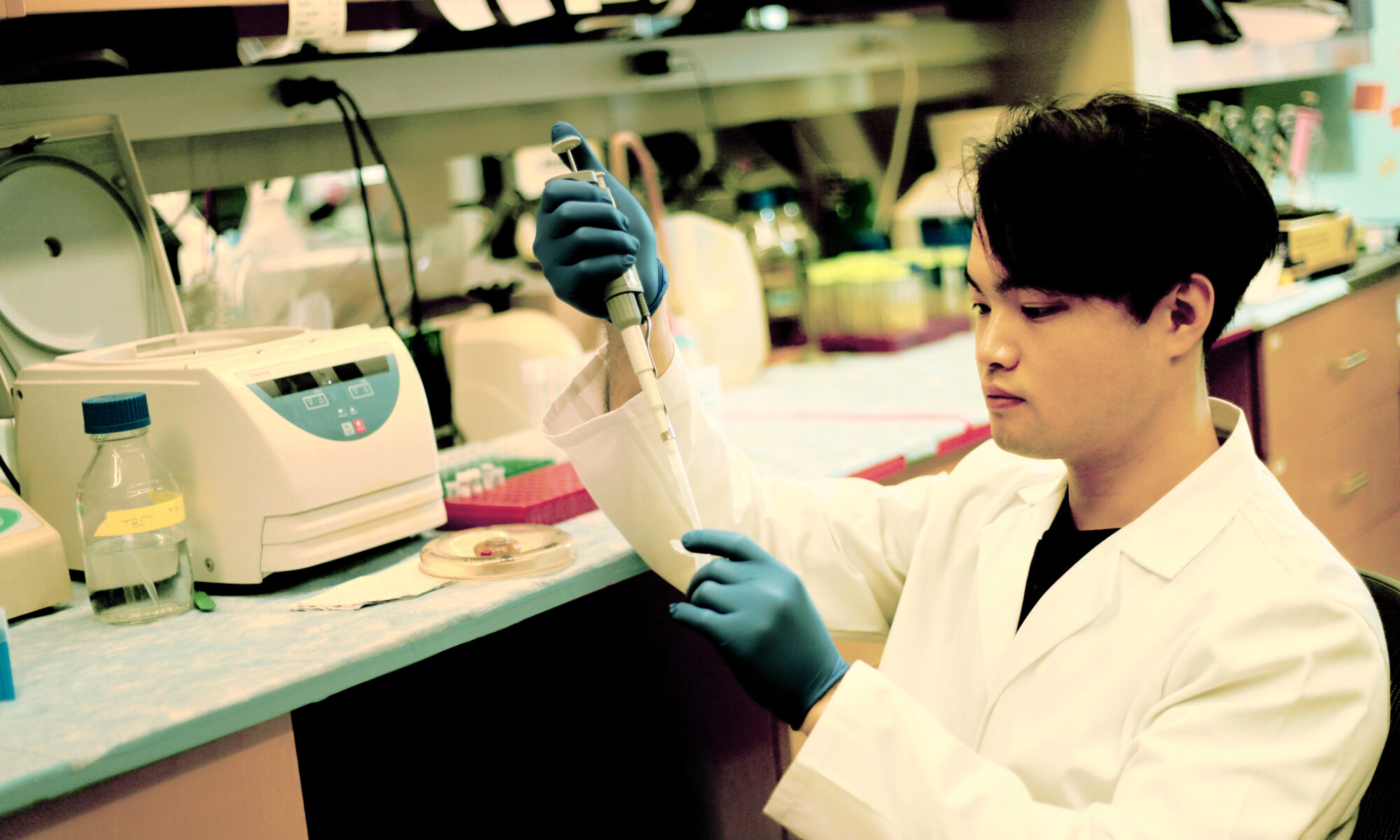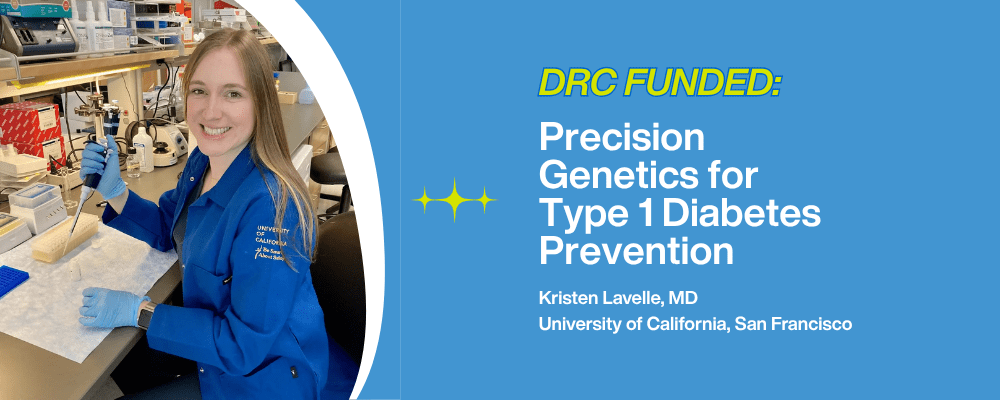Type 1 diabetes, a relentless disease affecting millions worldwide, is characterized by the body’s inability to produce insulin – a hormone crucial for regulating blood sugar. It presents a daunting challenge for both patients and medical practitioners, demanding continual attention, management, and research for improved treatments and potential cures.
Enter the Diabetes Research Connection (DRC). This esteemed organization dedicates itself to connecting donors with early-career scientists, enabling the funding of innovative, peer-reviewed research designed to prevent and cure Type 1 diabetes, minimize its complications, and improve the quality of life for those living with the disease. The DRC is a beacon of hope, pushing the boundaries of our understanding of Type 1 diabetes, and inching us closer towards a world free from its grasp.
Without the generous donations from supporters, such groundbreaking research would not be possible. Donations are the lifeblood of progress in this field. They provide researchers with the means to delve deeper, think bigger, and work harder toward unraveling the mysteries of this disease.
Interested in learning more about the incredible discoveries your contributions can make possible? Let’s explore ten significant breakthroughs in Type 1 diabetes research.
Visit the Diabetes Research Connection website to delve deeper into their mission, research projects, and how you can make a difference.
Advancements in Artificial Pancreas Systems
One of the most transformative breakthroughs in Type 1 diabetes research has been the development and refinement of the Artificial Pancreas System (APS). This technology, which combines an insulin pump with a continuous glucose monitor (CGM), mimics the functions of a healthy pancreas, providing more stable blood sugar control and reducing the risk of severe hypoglycemia.
Scientists have been able to continue improving this promising technology and enabled critical studies on user interface, device efficiency, and long-term impacts, providing a more in-depth understanding of how to optimize APS for daily life.
This breakthrough offers a beacon of hope for those living with Type 1 diabetes, promising a future with better management of their condition and improved quality of life.
Consider making a donation today to the Diabetes Research Connection to support the advancement of life-changing technologies like the Artificial Pancreas System. Your contribution could be the key to unlocking the next significant breakthrough.
Progress in Beta Cell Replacement Therapy
Beta cells are essential for regulating blood sugar in our bodies because they produce insulin. In Type 1 diabetes, the immune system mistakenly attacks and destroys these beta cells. Replenishing these cells could be the key to better managing, or potentially curing, Type 1 diabetes.
Researchers have made remarkable strides in beta cell replacement therapy. This technique involves generating beta cells from stem cells and transplanting them into patients to restore insulin production.
Scientists have now achieved successful beta cell transplantation in a lab setting, but there’s still a long road ahead.
Spread the word about amazing research conducted at the Diabetes Research Connection! By sharing breakthroughs with your friends and family, you can help raise awareness about the power of donating and the potential it has to change millions of lives.
Development of Glucose-Sensing Insulin
The advent of glucose-sensing insulin is another groundbreaking discovery in the field of Type 1 diabetes research. This “smart” insulin is designed to respond to blood sugar levels, releasing insulin when needed and reducing the risk of both high and low blood sugars – a true game-changer in diabetes management.
Scientists have explored, developed, and refined this next-generation insulin. It’s an exciting development, bringing us one step closer to a more manageable life for those living with Type 1 diabetes.
Has Type 1 diabetes impacted you? Share your stories on your social platforms, tagging the Diabetes Research Connection. Your voice can help raise awareness and encourage more donations towards vital research like the glucose-sensing insulin project.
Unraveling the Role of Gut Bacteria in Type 1 Diabetes
Recent years have seen a growing interest in the role of gut bacteria, or the microbiome, in various health conditions, including Type 1 diabetes. Researchers have made significant strides in understanding how gut bacteria might influence the development of this condition.
Findings suggest that an imbalance in gut bacteria could contribute to the onset of Type 1 diabetes. Research has enabled the exploration of potential microbiome-based therapies to prevent or manage the disease.
It’s an exciting and rapidly evolving area of study and needs to delve deeper into this promising line of investigation.
Are you curious about other innovative projects underway at the Diabetes Research Connection? Visit the website to learn more about the research your contributions are making possible, and see how you can further support these promising endeavors.
Improving Lives with Continuous Glucose Monitors (CGMs)
Continuous Glucose Monitors (CGMs) have revolutionized the way people with Type 1 diabetes manage their blood sugar levels. These devices provide real-time glucose readings, reduce the need for frequent finger pricks, and allow for better blood sugar control, greatly improving the lives of those living with Type 1 diabetes.
This technology continues to evolve and CGMs are becoming more accessible, contributing to improved management of Type 1 diabetes and positively impacting the quality of life for those living with this condition.
Consider making a recurring donation to the Diabetes Research Connection to support ongoing advancements in devices like CGMs. By doing so, you’ll be making a direct impact on the lives of those living with Type 1 diabetes, both now and in the future.
Understanding the Genetics of Type 1 Diabetes
The genetic basis of Type 1 diabetes is complex, with multiple genes involved. Unraveling this genetic puzzle is critical to understanding who is at risk for the disease and how we might prevent it.
Research has led to the identification of several genetic markers associated with Type 1 diabetes. These discoveries help in understanding the disease’s genetic basis, allowing for early detection in at-risk individuals, and may pave the way for gene-based therapies in the future.
Stay informed about the latest breakthroughs in Type 1 diabetes research. Sign up for the Diabetes Research Connection newsletter to receive regular updates on how your donations are driving advancements in understanding and treating this disease.
Enhancing Treatment with Advanced Insulin Pump Therapy
Insulin pumps have been a game-changer in the management of Type 1 diabetes, offering people with this condition an alternative to multiple daily injections. Over time, these devices have become smarter, more user-friendly, and more personalized, thanks to advancements in technology and diligent research efforts.
Research allows the exploration of new features, test safety and efficacy, and optimize user experience. Leading to advancements such as programmable basal rates, bolus calculators, and compatibility with CGMs, significantly enhancing disease management.
Follow Diabetes Research Connection on social media platforms for regular updates and insights into how your contributions are shaping the future of diabetes management and improving the lives of those affected.
The Promise of Immunotherapy for Type 1 Diabetes
Immunotherapy, which harnesses the body’s immune system to fight disease, holds significant promise for the treatment of Type 1 diabetes. Rather than managing the symptoms, this approach targets the root cause of the disease: the immune system’s mistaken attack on insulin-producing beta cells.
Research has been exploring the potential of immunotherapies in halting or even reversing the course of Type 1 diabetes. Scientists have made encouraging progress in this field, developing therapies designed to protect beta cells from the autoimmune attack.
Help us continue making strides in Type 1 diabetes research. Share this post with your network to raise awareness about the vital work that the Diabetes Research Connection does, and how each donation brings us one step closer to a cure.
The Role of Environmental Factors in Type 1 Diabetes
While the genetic factors of Type 1 diabetes are a major focus of research, it’s increasingly clear that environmental factors also play a crucial role in the onset of the disease. Identifying these factors could open up new avenues for preventing Type 1 diabetes.
Researchers have been able to delve into this complex interplay between genetics and environment. They’ve identified potential environmental triggers and investigated how they might interact with genetic risk factors to trigger the onset of Type 1 diabetes.
Every bit of help counts! Explore volunteer opportunities with Diabetes Research Connection and consider contributing your time and skills to support essential research. Together, we can create a world where Type 1 diabetes is a thing of the past.
Personalized Medicine for Type 1 Diabetes
One size does not fit all, especially when it comes to treating complex diseases like Type 1 diabetes. Personalized medicine, which tailors treatment to individual patients based on their unique genetic makeup and lifestyle, has been a significant focus in recent research.
Researchers have made leaps and bounds in this field. They’ve been able to explore and validate various predictive models and diagnostic tools that aid in designing personalized treatment plans for Type 1 diabetes patients.
This breakthrough presents a more promising and efficient path to managing Type 1 diabetes, creating personalized treatment plans that can significantly improve patients’ lives.
The work doesn’t stop here! Please consider making a donation to the Diabetes Research Connection to continue facilitating such breakthroughs. With your support, we can make personalized medicine a reality for everyone living with Type 1 diabetes.
Conclusion
Each of these breakthroughs marks a significant step forward in our journey to understand, manage, and ultimately cure Type 1 diabetes. The road to a cure is a long one, and every step forward brings renewed hope for millions of individuals living with Type 1 diabetes.
Your contributions play an instrumental role in making future breakthroughs possible. By donating to the Diabetes Research Connection, you are driving innovative research, funding young scientists’ groundbreaking ideas, and bringing us closer to a world free from the burdens of Type 1 diabetes.
The future of diabetes research is promising, thanks to organizations like the Diabetes Research Connection and individuals like you who believe in the power of research. Together, we can make a difference. Together, we can change the future of Type 1 diabetes.
Join us in our mission to end Type 1 diabetes. Visit the Diabetes Research Connection website today to learn how you can contribute and help make the next breakthrough possible. Every donation, regardless of size, has the potential to change lives. Let’s make a difference together.




